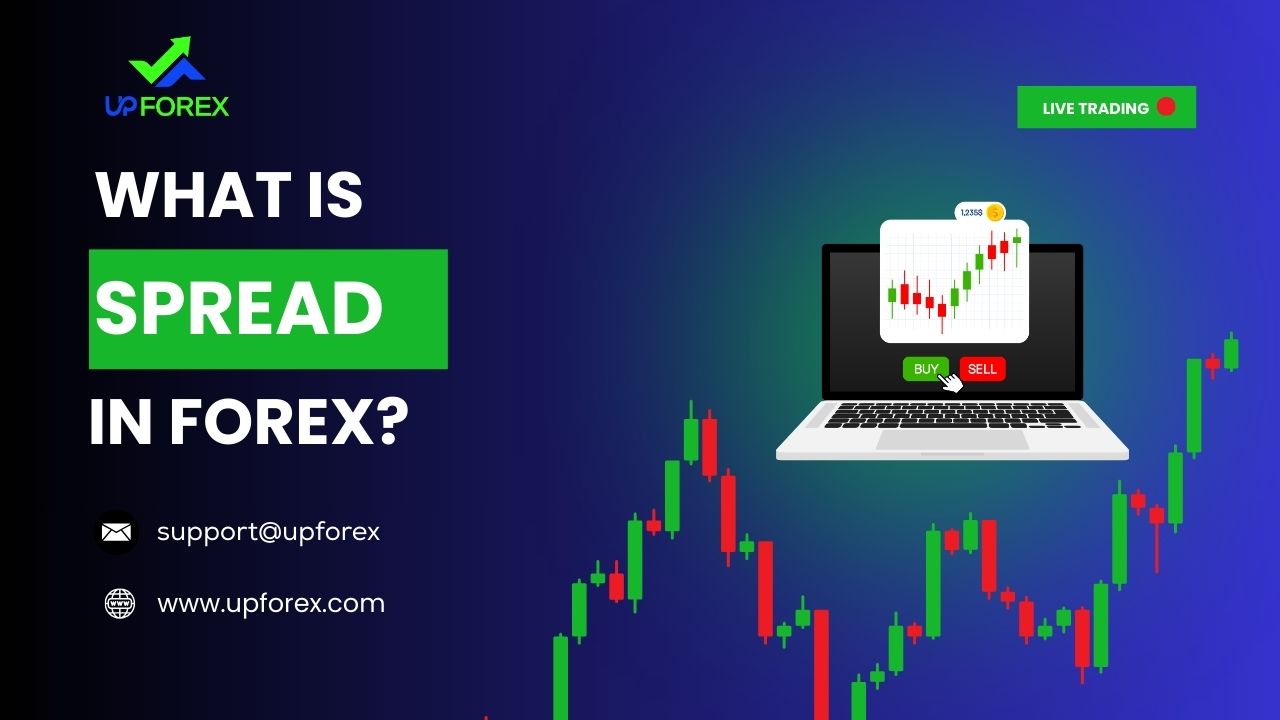
What is Spread in Forex? Everything You Need to Know
What is Spread in Forex? A Beginner-Friendly Guide
Learn what is spread in forex, how it affects trading costs, and the difference between fixed and variable spreads in this beginner-friendly guide.
What is Spread in Forex? Everything You Need to Know
If you are new to forex trading, one of the first terms you will come across is spread. Many beginners wonder, what is spread in forex and why does it matter? The answer is simple—spread is a small but important factor that can affect your trading costs and overall profit. Let’s break it down in easy-to-understand language.
What Does Spread Mean in Forex Trading?
In forex trading, spread is the difference between the buy price (also called the ask) and the sell price (also called the bid) of a currency pair. You can think of it as the broker’s fee for executing your trade. Instead of charging you a direct commission, most forex brokers include their charges in the spread.
For example, if the EUR/USD bid price is 1.1000 and the ask price is 1.1002, the spread here is 2 pips. This small difference may not look like much, but when you trade frequently or with larger amounts, it adds up quickly.
Why is Spread Important in Forex?
Understanding what is spread in forex is important because it directly impacts your cost per trade. A tighter (smaller) spread means you spend less money when entering or exiting a trade. On the other hand, a wider spread increases your trading cost. For scalpers and day traders who place multiple trades in a single day, choosing a broker with low spreads can make a big difference in overall profitability.
Types of Spreads in Forex
When trading, you will usually come across two types of spreads:
Fixed Spread – The gap between bid and ask stays the same, even during volatile market conditions. This gives beginners more predictability in trading costs.
Variable Spread – The spread changes depending on market activity. During high liquidity times (like London or New York sessions), spreads are usually tighter. However, during quiet hours or major news events, spreads can widen.
How Does Spread Affect Profit?
Every time you place a trade, the spread acts like your entry cost. For example, if the spread is 2 pips, your trade must move at least 2 pips in your favor before you start making a profit. This is why experienced traders often compare brokers and choose one with consistently low spreads.
Final Thoughts
Now that you know what is spread in forex, you can see how it plays a vital role in trading. It may seem like a small detail, but in reality, understanding spreads can help you reduce costs and improve your overall trading results. As a beginner, always pay attention to spreads when selecting a broker or planning your strategy.
Frequently Asked Questions (FAQs)
Q1. What is spread in forex trading?
Ans. Spread in forex is the difference between the bid (sell) price and the ask (buy) price of a currency pair. It represents the broker’s fee for executing your trade.
Q2. Why is spread important in forex?
Ans. Spread affects your trading cost. A lower spread means you pay less when entering or exiting trades, which can improve your profits over time.
Q3. What is the difference between fixed and variable spread?
Ans. A fixed spread stays the same regardless of market conditions, while a variable spread changes based on liquidity and volatility.
Q4. How do spreads affect profit in forex trading?
Ans. Your trade must first cover the spread before you start making a profit. For example, if the spread is 2 pips, the market needs to move at least 2 pips in your favor to break even.
Q5. What are pips in forex spreads?
Ans. A pip is the smallest unit of movement in a currency pair, usually the fourth decimal place. Spreads are measured in pips.
Q6. Do all forex brokers charge spreads?
Ans. Most brokers earn through spreads, but some also charge a small commission along with very low spreads, especially on professional trading accounts.
Q7. Why do spreads change during news or market events?
Ans. During major news releases or low liquidity periods, spreads can widen because of higher uncertainty and risk for brokers.
Q8. How can I reduce the impact of spreads on my trading?
Ans. You can reduce spread costs by choosing a broker with tight spreads, trading during high liquidity hours, and avoiding volatile news events.



